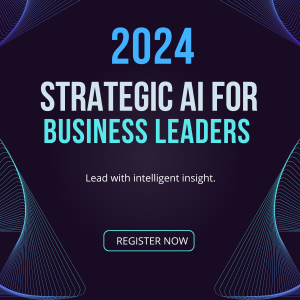The rise of artificial intelligence (AI) is profoundly reshaping the labor market, and Gen Z is strategically navigating these changes by increasingly turning to blue-collar jobs, which are perceived as less susceptible to AI disruption. As AI continues to automate routine and algorithmic tasks, young workers are seeking career paths in skilled trades where human dexterity, problem-solving, and interpersonal interactions are irreplaceable by machines.

The integration of AI in industries has led to fears of job displacement, particularly among white-collar professions where repetitive and data-driven tasks are more prevalent. In contrast, blue-collar jobs often require physical presence and hands-on skills, making them harder to automate. This has led a significant portion of Gen Z to consider blue-collar careers as a more secure alternative, reflecting a broader reevaluation of career paths that prioritise long-term job security over traditional white-collar aspirations.
Moreover, the potential impact of AI on the job market is creating a shift in educational priorities. More young people are now questioning the value of a traditional four-year degree in favor of apprenticeships or vocational training in fields like plumbing, electrical work, and construction, which offer immediate employment opportunities and less exposure to AI-driven changes.
This trend is part of a larger dialogue about the future of work, where flexibility, adaptability, and continual learning are becoming crucial. As the labor market evolves, both the technology driving changes and the human skills needed to complement these advancements remain critical. The challenge for employers and educators alike is to prepare the workforce for a future where AI and human skills coexist, enhancing productivity and innovation across all sectors.




